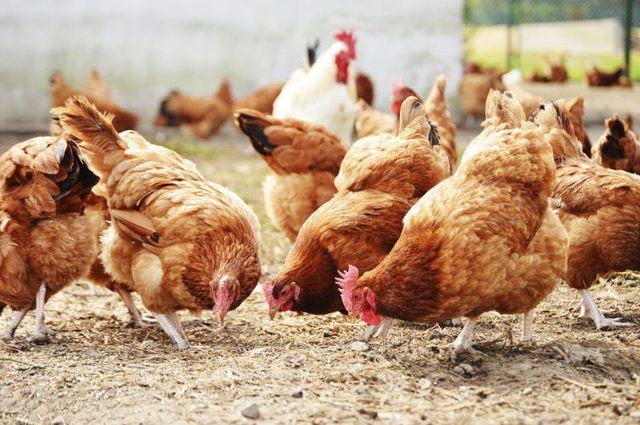Bulbs
Flower Basics
Flower Beds & Specialty Gardens
Flower Garden
Garden Furniture
Garden Gnomes
Garden Seeds
Garden Sheds
Garden Statues
Garden Tools & Supplies
Gardening Basics
Green & Organic
Groundcovers & Vines
Growing Annuals
Growing Basil
Growing Beans
Growing Berries
Growing Blueberries
Growing Cactus
Growing Corn
Growing Cotton
Growing Edibles
Growing Flowers
Growing Garlic
Growing Grapes
Growing Grass
Growing Herbs
Growing Jasmine
Growing Mint
Growing Mushrooms
Orchids
Growing Peanuts
Growing Perennials
Growing Plants
Growing Rosemary
Growing Roses
Growing Strawberries
Growing Sunflowers
Growing Thyme
Growing Tomatoes
Growing Tulips
Growing Vegetables
Herb Basics
Herb Garden
Indoor Growing
Landscaping Basics
Landscaping Patios
Landscaping Plants
Landscaping Shrubs
Landscaping Trees
Landscaping Walks & Pathways
Lawn Basics
Lawn Maintenance
Lawn Mowers
Lawn Ornaments
Lawn Planting
Lawn Tools
Outdoor Growing
Overall Landscape Planning
Pests, Weeds & Problems
Plant Basics
Rock Garden
Rose Garden
Shrubs
Soil
Specialty Gardens
Trees
Vegetable Garden
Yard Maintenance
How to Use Chicken Manure as Garden Fertilizer
How to Use Chicken Manure as Garden Fertilizer. Chicken manure introduces more nutrients into the soil than other types, such as steer manure. While this fertilizer might not beat chemical fertilizers in the nitrogen-phosphorous-potassium rating, it gives your soil something those fertilizers don't: structure. It serves as a soil amendment as well...

Chicken manure introduces more nutrients into the soil than other types, such as steer manure. While this fertilizer might not beat chemical fertilizers in the nitrogen-phosphorous-potassium rating, it gives your soil something those fertilizers don't: structure. It serves as a soil amendment as well as plant food, improving drainage in dense soils and water-retention abilities in loamy soils. Fresh manure brings dangers for you and your plants, however, so to use chicken manure, start with properly composted or aged versions in the spring and fall.
Killing Pathogens
Like all fresh manure, untreated chicken manure carries bacteria and pathogens that can infect humans. These don't harm plants, but they remain in the soil for up to a year, ready to tag along on your hands as you work in the garden or on your vegetables that touch the soil -- a reason to always wear gloves when you work with manure. To reduce the chances of contamination, use chicken manure that was composted with high heat -- at least 131 degrees Fahrenheit -- for at least 15 days. Alternatively, choose manure that has aged for at least a year. Always wash vegetables grown in chicken manure before eating them.
The bacteria might not hurt the plants, but fresh manure is potent enough to burn plant roots, killing them. Composting or aging the manure solves this problem as well.
Compatible Plants
The nutrients from chicken manure tend to work well with edible gardens, including fruits, leafy vegetables and root vegetables. The pH varies depending on many factors, including the chicken's age and food, but chicken manure leans toward alkaline with a pH range of 6.5 to 8.0. It isn't compatible with acid-loving plants such as azaleas (Rhododendron), which grow in U.S. Department of Agriculture plant hardiness zones 4 through 9.
Application Times
Your garden benefits from applications of chicken manure during two seasons. Applying the fertilizer in the fall helps the soil absorb and break down the nutrients so they're readily available when you're ready to plant in the spring. Using the chicken manure in the spring gives a quick boost of nitrogen to the plants, helping them start off strong.
How Much to Use
Chicken manure's NPK ratio varies, usually ranging from 3-2.5-1.5 to 6-4-3; by comparison, steer manure typically provides a ratio of 1-1-1. To get these nutrients to your plants effectively, apply 125 pounds of composted or aged chicken manure per 1,000 square feet of your garden. It takes about 450 pounds of steer manure to provide similar nutrients to the same area.